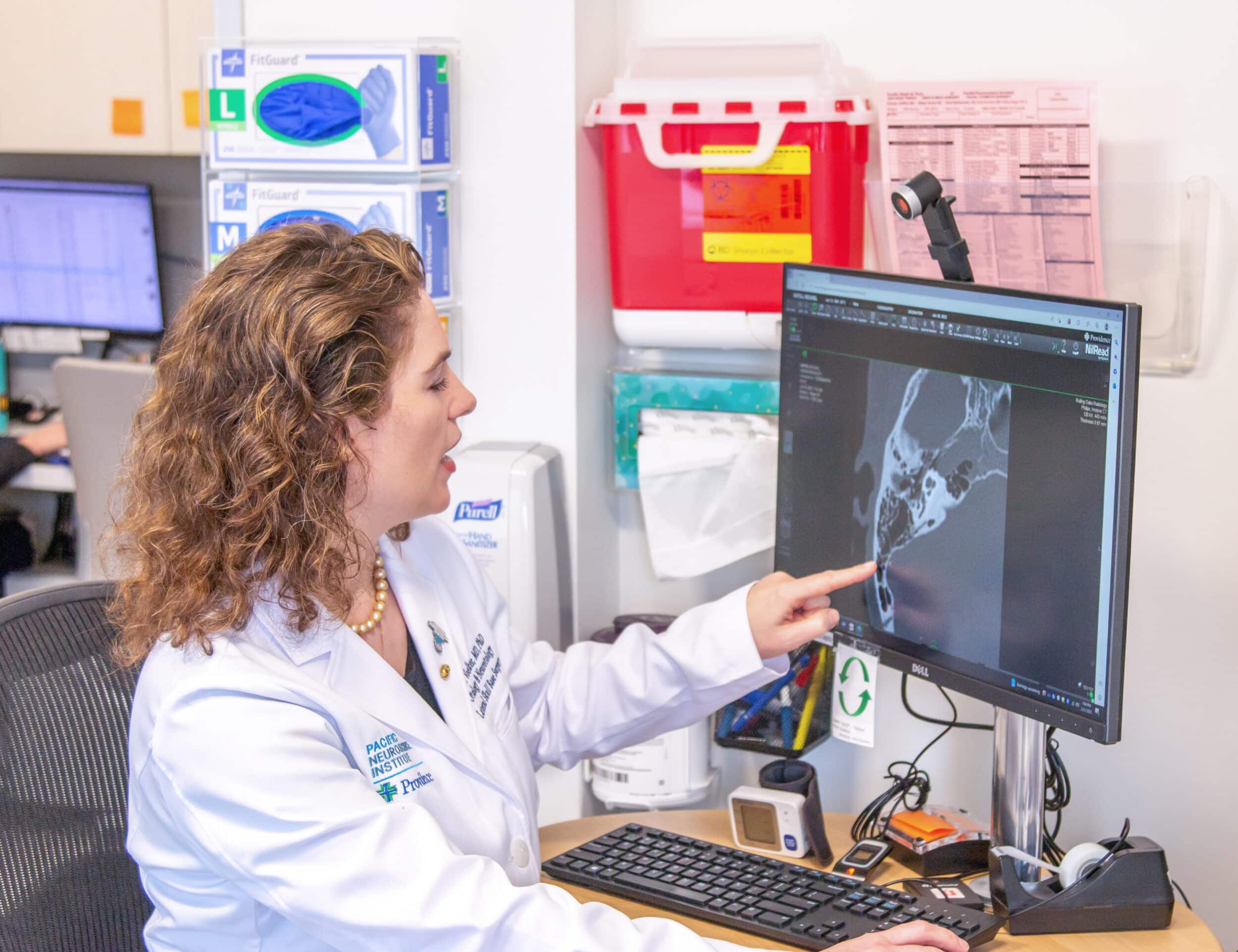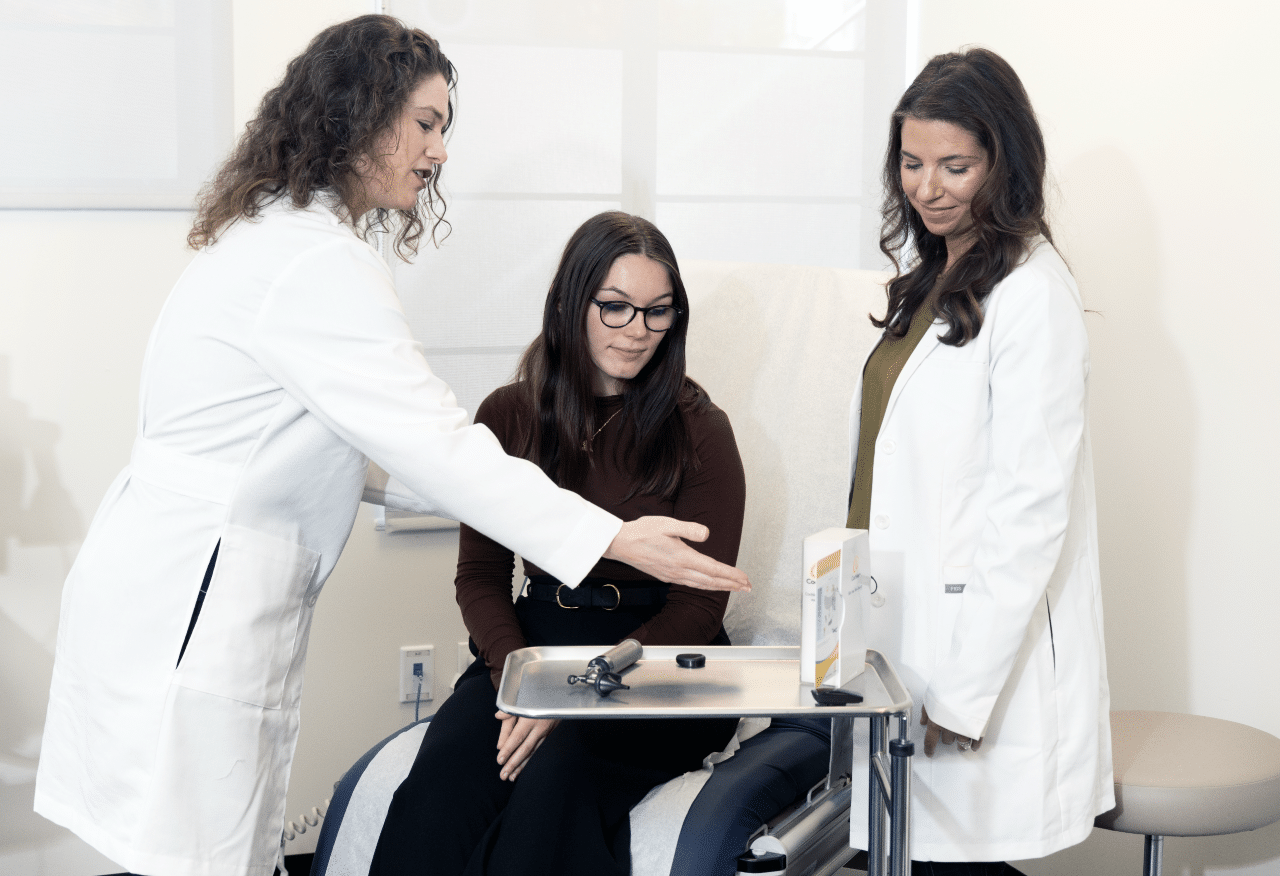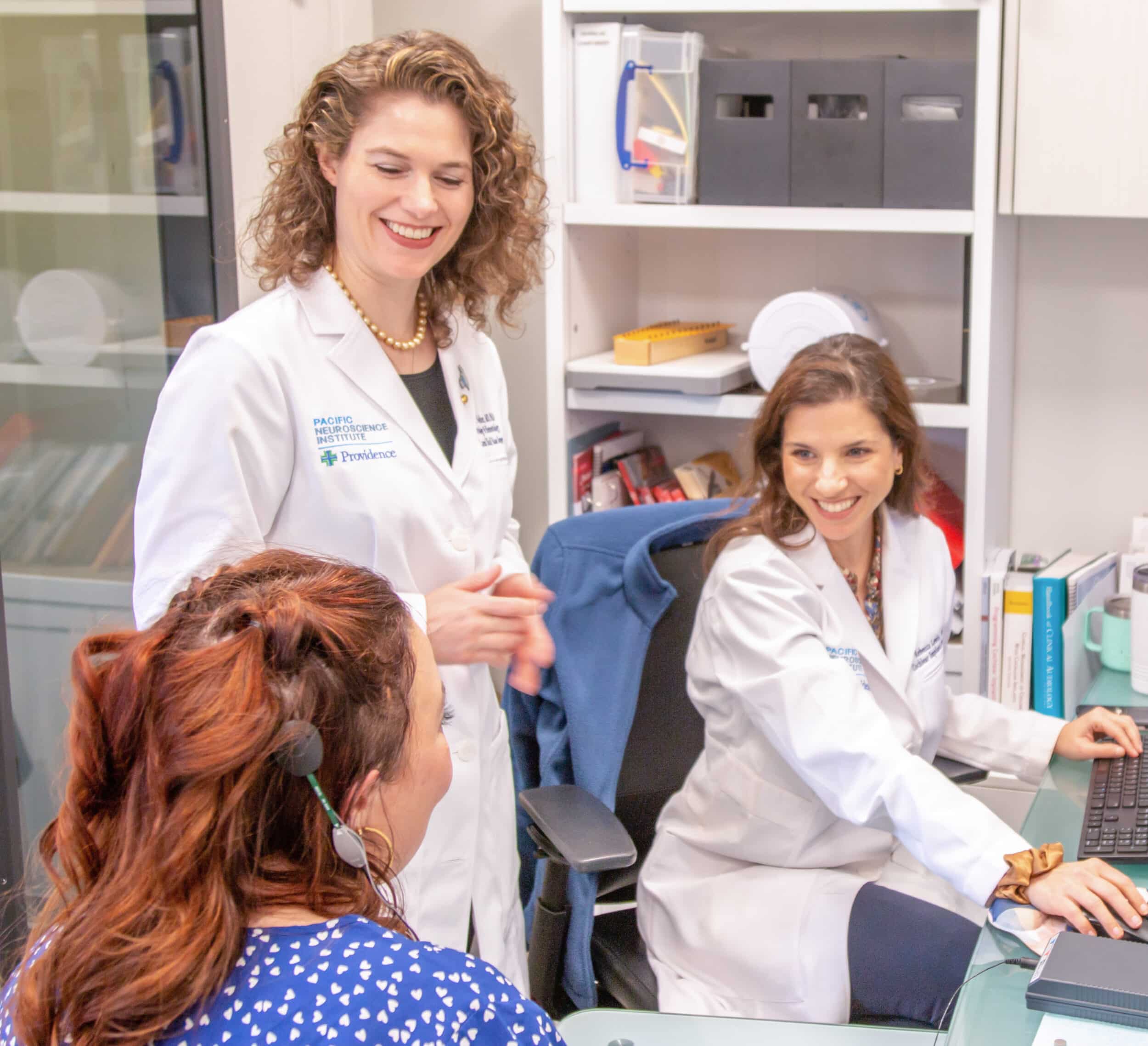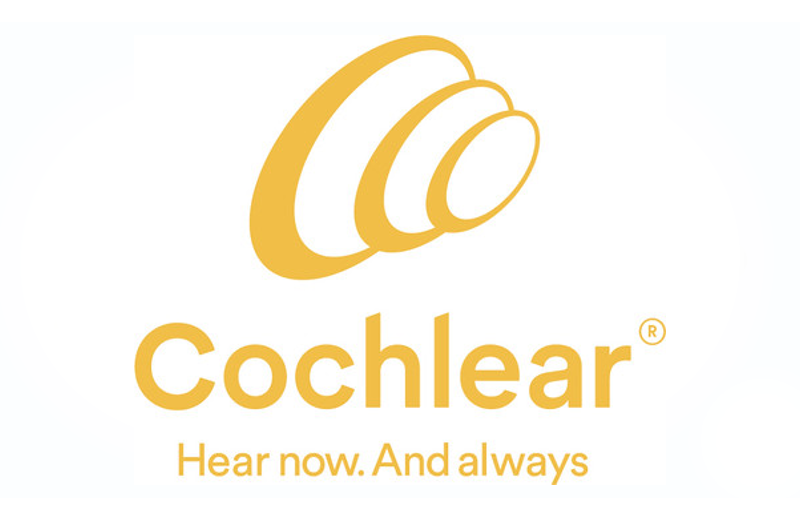MISSION
“Our community-based cochlear implant program strives to advance our patients’ quality of life, improve their ability to communicate with loved ones, and enhance their cognitive well-being. Our interdisciplinary cochlear implant team at PNI treats patients across the lifespan (from infancy to older adults) using evidenced-based practices, innovation, and a compassionate approach to care.”
Unveil a world of vibrant soundscapes through our transformative cochlear implant program.



What is a Cochlear Implant?
- A cochlear implant is an electronic device that is implanted into the inner ear (the cochlea) and is used to restore hearing in patients who no longer benefit from traditional hearing aids or have hearing loss in just one ear.
- The evolution of cochlear implant technology development began in the 1960s and became FDA approved for adults in 1984 and for children in 1990. The cochlear implant is an electronic device that is implanted into the inner ear (the cochlea) and is used to restore hearing in patients who no longer benefit from traditional hearing aids or have hearing loss in just one ear. For children, cochlear implants are FDA approved for infants as young as 9 months old and can often be approved off-label at even younger ages (which is routine in other parts of the world). Candidacy for this miraculous device has dramatically expanded over the past decade offering better access to speech and language, environmental sounds, and music to those who are struggling.
Though a cochlear implant does not re-create normal hearing, it can give a hearing-impaired person auditory understanding of the world and help people understand speech again. While hearing aids amplify sound and deliver it to a damaged hearing system, the cochlear implant bypasses the damaged inner ear structures to deliver sound directly to the hearing nerve. Research and development have improved the sound quality of these devices and created smaller external speech processors over time. As a result, patients benefit from future advancements in technology without subsequent surgeries because the manufacturers ensure the new speech processors are compatible with older internal devices. It is also important to note that the cochlear implant is not a “quick fix” and involves time, patience, and practice to meet your listening goals. Our team will guide patients through their follow up programming visits and rehabilitation program.
Cochlear implants are covered by insurance policies including Medicare, Medicaid, private insurance carriers, and vocational rehabilitation. Candidacy criteria may be specified by specific insurance plans and our team can help guide a patient through that process.


















